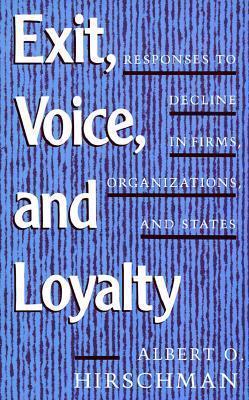
Information

Author: Albert Camus
Narrator: Ryan
Format: MP3
IBSN: 0
Language: English
Publish Date: 22/12/1969
Audiobook length: 31 min
Readers Also Enjoyed Summary Audiobook 
Why listen to The Stranger
Listening to the summary audiobook of "The Stranger" by Albert Camus offers a concise yet profound exploration of existential themes that resonate deeply with the human experience. This classic novel delves into the absurdity of life, the nature of existence, and the search for meaning in an indifferent universe. A summary audiobook provides a quick yet insightful way to comprehend these complex ideas, making it easier to reflect on one's own beliefs and experiences. Whether you're revisiting the story or discovering it for the first time, the auditory format enhances engagement and understanding, making it an invaluable tool for both literature enthusiasts and students alike.
Key Insights from The Stranger
- The absurdity of life is a central theme in 'The Stranger', which is illustrated through Meursault's indifferent reaction to his mother's death. This emotional detachment highlights the existential belief that human life lacks inherent meaning, and individuals must create their own purpose.
- Meursault's trial serves as a critique of society's moral standards, where he is judged more for his character than for the crime he committed. This emphasizes how societal expectations can overshadow individual actions and the absurdity of judging a person based solely on their emotional responses.
- The novel explores the concept of existentialism, suggesting that individuals are free to make choices and must take responsibility for them. Meursault’s acceptance of his own mortality leads to a profound realization of freedom, despite the isolation and alienation he experiences.

Brief In, Brilliance Out
Contact: buildlearn.bk@gmail.com
















